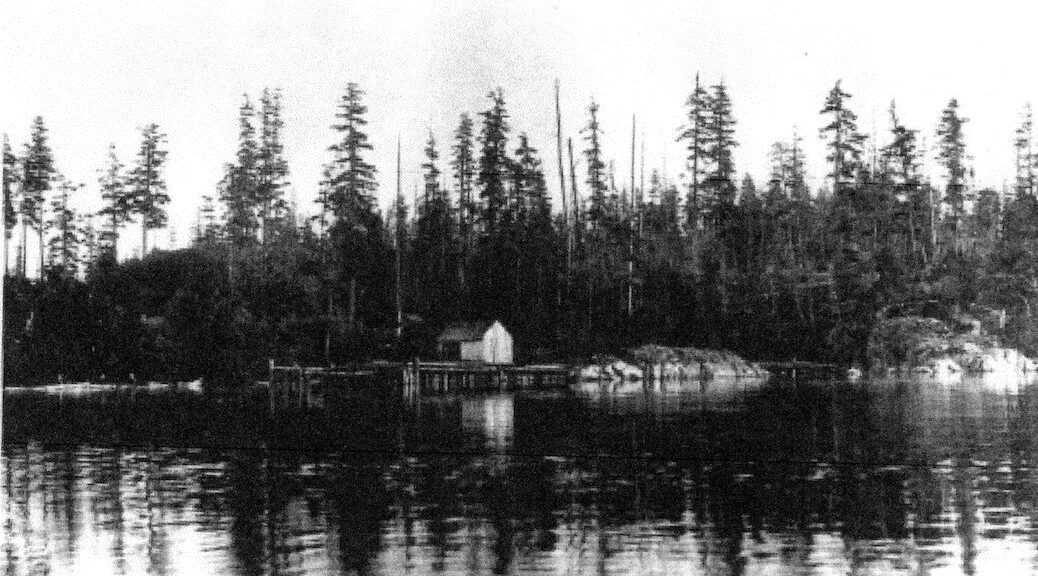
By Patrick Penner, Tri-Cities Dispatch, Local Journalism Initiative Reporter
Four recently laid-off Metro Vancouver journalists have announced a fundraising campaign to establish Western Canada’s first newspaper co-op.
On June 4, ex-Tri-City News reporters Mario Bartel and Janis Cleugh, ex-New Westminster Record reporter Theresa McManus, and ex-Burnaby Now reporter Cornelia Naylor were joined by leaders from Unifor and the Union Cooperative Initiative (UCI) to announce the “Save Our Local News Campaign” at the Unifor BC Western Regional Office in New Westminster.
Continue reading Local reporters aim to launch first worker-owned co-op news outlet in Western Canada, covering Tri-Cities, Burnaby, New Westminster







